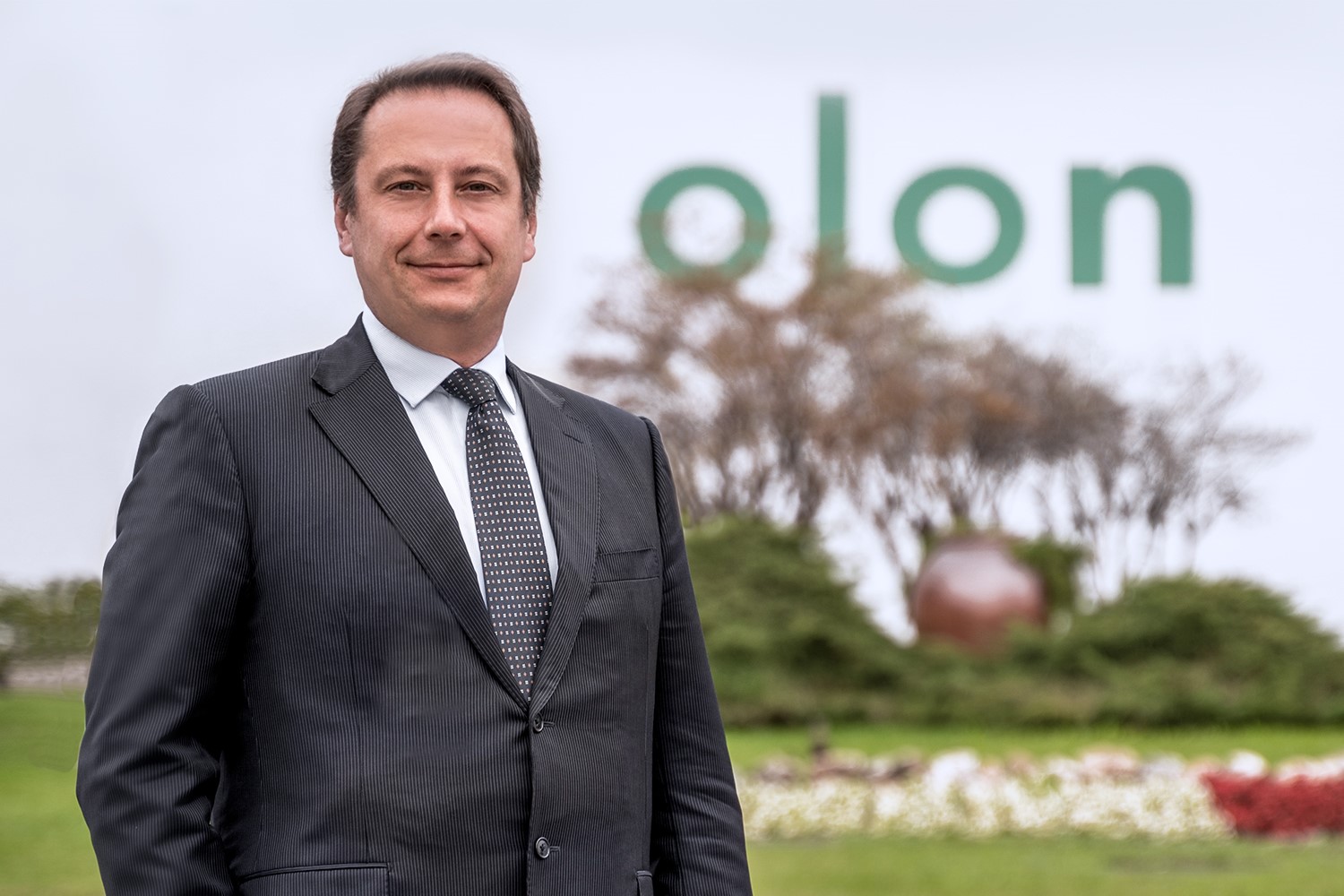Travel restrictions and social distancing during the COVID-19 pandemic placed a whole new awareness on the challenges of supply chain continuity for medicines, highlighting the importance of contingency plans and flexibility. “During this pandemic period, we have always been a reliable partner for our customers worldwide” says Olon Group chief executive officer, Paolo Tubertini. “Our strategy has been successful, and we will keep on playing this role for both the generics and pharma industries in future global scenarios.” Even as we move towards COVID-19 becoming endemic, supplies of medicines are by no means guaranteed. Potency levels of increasingly complex drugs must be balanced with sustainability targets, and rising energy costs pose challenges for the operation of highly complex development processes. Building robust, flexible supply chainsThe industry is increasingly considering dual-sourcing key materials and APIs to ensure supply chains are not hindered, even on the occasion of exceptional and unexpected events in a specific area of the world. Tubertini asserts that Olon was prepared for this before disruptions caused by the pandemic. “For many years, we have put in place a business continuity program that requires we have diversified sources for all our key raw materials. To reinforce this risk mitigation plan, our sourcing strategy requires that each of these sources should be based in a different geographic area than the first source.” Meeting the challenges of evolving API potency “We’ve just announced an investment of €27m, solely on the expansion of further internal expertise and capacity of high containment production throughout 2022 and 2023. We also recently announced the completion of a new large-scale high containment production line (OEL < 1 ug/m3) at our Rodano site worth around €10m. This will enable Olon to produce highly potent APIs (HPAPIs) in large-scale product batches ranging from 30kg to 250kg, serving the customer along all the stages of scale-up,” says Tubertini. API requirements are constantly evolving as drug development becomes more advanced, especially in complex fields such as oncology: a key trend is to make treatments that are highly selective in how they interact with a target (e.g., specific receptor or enzyme), leading to patient-centric medicines that can be better tolerated by those taking them. However, this usually involves a higher level of activity, which introduce several challenges in the handling and manufacturing of these medicines. “These new active ingredients require highly specific technologies, systems, and skills to meet the standard of containment procedures, guaranteeing the prevention of exposure to the operators and contamination of the products,” Tubertini states. A Greener Manufacturing Ecosystem Olon has invested in microbial fermentation capabilities, a recombinant DNA technology that can be applied to manufacturing life-saving treatments, to improve synthesis procedures with greener methods. “This is a highly sustainable process that mainly uses water, renewable nutrients, and microorganisms reducing the use of chemical solvents. We can also guarantee significantly better quality with impurity levels that are compliant with FDA’s requirements, and the cost of production is three to five times lower versus chemical synthesis for more complex peptides,” Tubertini explained. Giorgio Bertolini, vice president of research and development at Olon Group, also notes that Olon is one if the few companies to integrate the two areas of chemistry and biotechnology: “In both of which we have some of the most extensive experience on the market, offering a platform that can combine the two processes and produce these types of peptides.” There is also a movement to launch large-scale biocatalysis as an industrial technology to improve sustainability, spearheaded by Olon, with an international network that brings together experts in the field from both industry and academia to pioneer its usage for greener chemical reactions. Fellow members include the Biocatalysis Group of the Van’t Hoff Institute for Molecular Sciences (HIMS-Biocat) of the University of Amsterdam and Biosphere. an Italian small-medium enterprise that specializes in fermentation and industrial biotechnology. This process means laboratory-created enzymes can transform a given starting material into the desired finished product by using water at room temperature, without requiring special technologies that require significant amounts of energy. Tubertini explains, “this revolutionary process also virtually eliminates the use of solvents and toxic reagents, responding perfectly to sustainability targets.” Prioritizing Health Care Accessibility While sustainability is critical for the future of patients, the life sciences industry remains committed to making changes that also ensure medicine access for patients. Olon Group’s manufacturing expertise has enabled it to create better, more sustainable processes without compromising on efficiency of generics production. In addition, having the capacity and expertise to support pharma and biotech companies in bringing new medicines to market means Olon is committed to the next generation of treatments.

